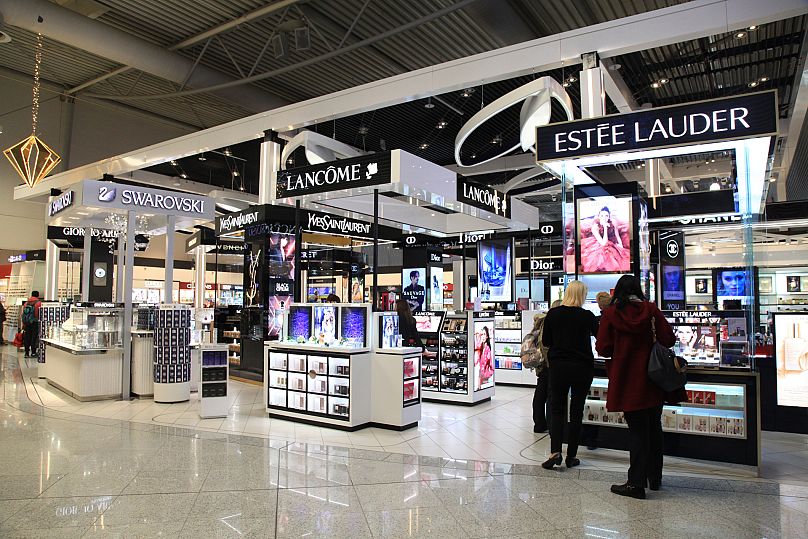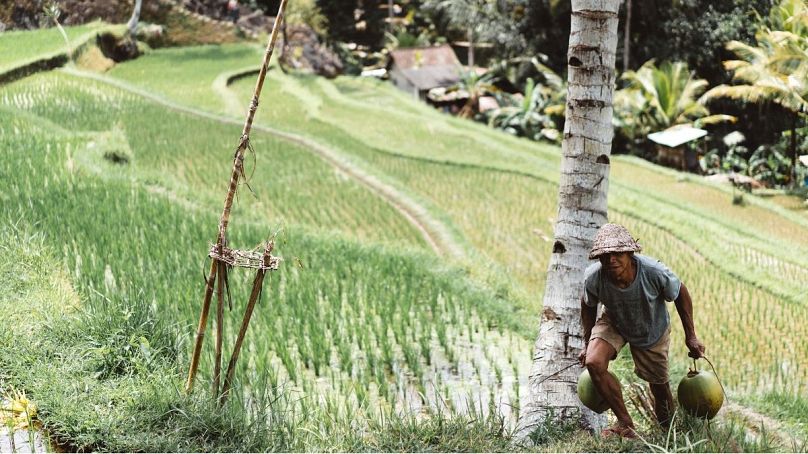The beauty industry giant, in charge of Clinique and MAC cosmetics, debuts a new scheme to make palm oil production more sustainable in Indonesia.
Beauty industry giant Estée Lauder has just announced its first sustainability programme involving palm oil supply chains. The cosmetics company, whose brand portfolio includes Clinique, MAC, Smashbox and Jo Malone London, will work with the farming industry in Indonesia to achieve this. The aim is both to improve farmers’ social conditions and to develop environmental conservation in these areas, so that palm oil can be produced more sustainably.
The programme, called Project Lampung, will support the growth of a competitive, deforestation-free market for palm oil in the Indonesian region and, more importantly, is being backed by the reputable organisation RPSO (Roundtable on Sustainable Palm Oil). Other partners in the initiative include chemical giant BASF, sustainable supply chain NGO Solidaridad, Business Watch Indonesia (BWI) and the Indonesian Agency for Agricultural Extension (KTNA).
What will the scheme actually do for farmers in Lampung?
The Project Lampung scheme is being launched by Estée Lauder in order to train Indonesian farmers on sustainable agricultural practices and how to reduce the environmental impact of their labour. Taught practices will include preventing soil degradation and how to improve yields, while minimising the use of excess water and chemicals. After the training takes place, farmers will also have access to long-term technical support.
Estée Lauder hopes to reach 1,000 local farmers through the project by 2021 and, despite the company’s “relatively small” consumption of palm oil itself, it is keen to lead by example and encourage others to participate in similar environmental initiatives.
Why is producing palm oil bad for the environment?
The production of palm oil is a widely contested issue all over the world, due to the devastating consequences of deforestation, which destroys the natural habitat of many species like orangutans. The oil can be extracted easily, and cheaply, and so is used extensively for its gluey texture, to produce smooth shampoo, moisturising cosmetics and even foods like chocolate and pizza dough. In fact, Palm oil appears in more than 50% of all supermarket products. However, in order to cultivate palm oil for continuous use, mass deforestation is necessary, meaning many animals are losing their homes and may soon be dying out.
Iceland Foods depicted the problem in this powerful animation, which was banned from being aired on TV as it was deemed too controversial:
Estée Lauder joins the likes of Lush, Walmart and Target in the USA, in their pledge to reduce the amount of palm oil used in their products, in favour of more sustainable farming methods.
The brand’s ‘executive director for responsible sourcing,’ Mindi DeLeary, remarked on the positive outlook Estée Lauder are adopting henceforth:
“We are part of a complex multinational supply chain, and this often means rolling up our sleeves and working with others to address the complexities and turn them into something positive for all involved.”













